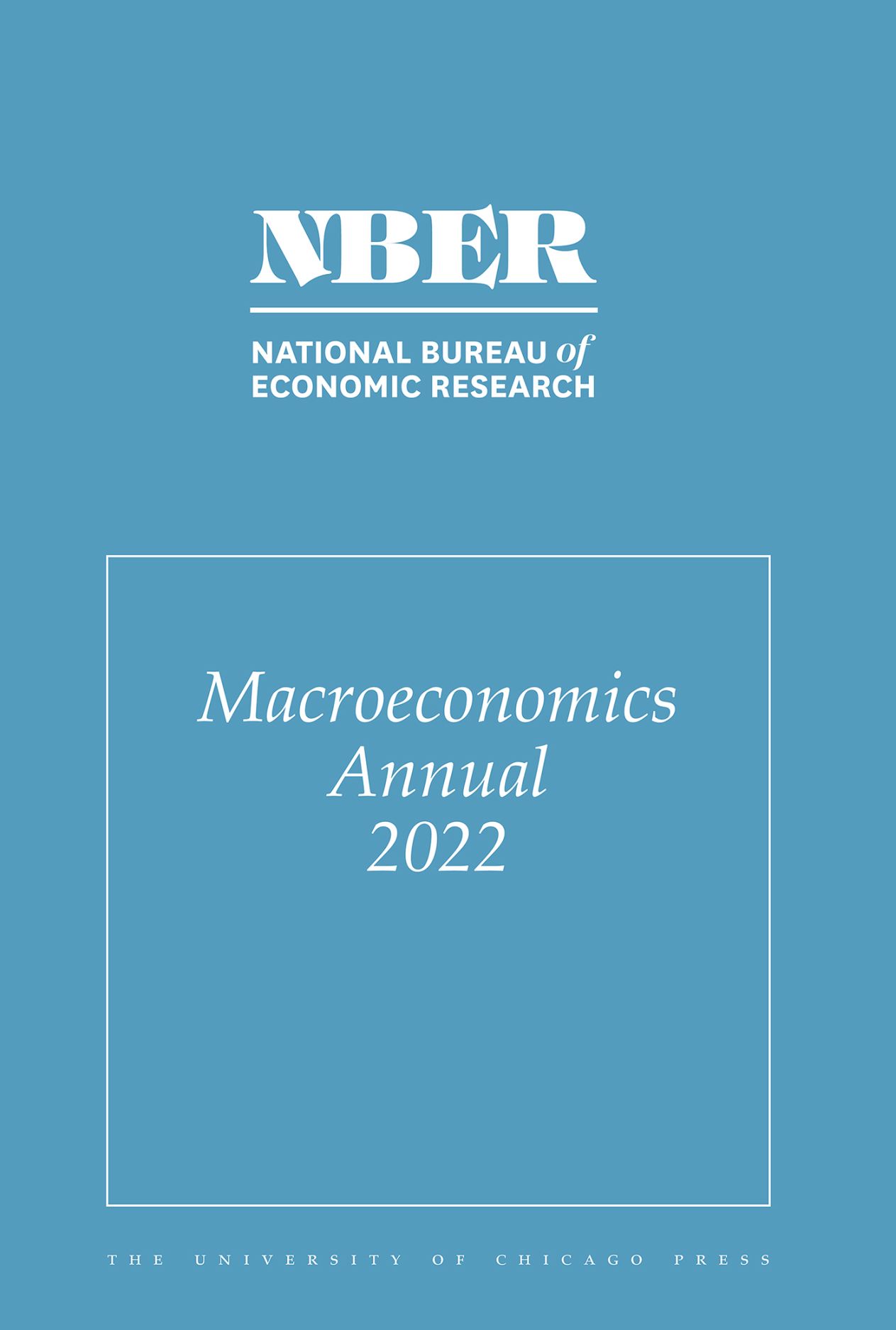评论
IF 10.7
1区 经济学
Q1 ECONOMICS
引用次数: 0
摘要
作者建立了一个量化框架,它足够广泛,可以容纳行为宏观经济学中提出的不同类型的观点,以帮助理解有关预期的调查证据。我们的目标并不是为了理解调查证据本身,尽管这可能很有趣。它也不是要在一类相互竞争的模型之间做出选择,这些模型都运行得相当好。相反,它的目标是为这个目前似乎有点迷失在“荒野”中的领域的研究指明未来的方向。最后,使用他们的方法,作者可以说,证据的权重倾向于某些类型的模型,而不是其他模型。对调查证据的关注出现在宏观经济学未来方向不确定的时期。许多人,包括之前工作中的一些作者,都指出了基准模型的严重缺陷。或许,在另一类不强加理性预期的模型中,这些缺陷有一个解决方案。但理性预期是一种强有力的约束手段,而这个更广泛的阶层似乎大得不可思议。多年来,文献已经认识到调查证据本身的潜力是一种约束手段,填补了理性预期过去和现在仍然在发挥的一些作用。例如,Barberis等人(2015)主张使用调查证据来决定金融经济学中相互竞争的模型。在宏观经济学中,Coibion和Gorodnichenko(2015)认为,人们不需要一个模型来解释调查证据:预测误差对预测修正的回归的积极迹象是本文章由计算机程序翻译,如有差异,请以英文原文为准。
Comment
The authors build a quantitative framework, broad enough to nest different types of ideas proposed in behavioral macroeconomics, to help make sense of the survey evidence on expectations. The goal is not so much to understand survey evidence for its own sake, though that might be interesting. Nor is it to decide between a class of competing models, all of which work fairly well. Rather, the goal is to inform future directions for research in a field that at the moment seems a bit lost in a “wilderness.” In the end, using their approach, the authors are able to say that theweight of the evidence favors some types of models rather than others. The focus on survey evidence comes at a time of uncertainty about future directions inmacroeconomics.Many, including some of the authors in prior work, have noted serious failings with benchmark models. These failings have a solution, perhaps, within a different class of models, ones that do not impose rational expectations. But rational expectations are a powerful disciplining device, and this broader class seems impossibly large. The literature has, for several years, recognized the potential of survey evidence to itself be a disciplining device, filling some of the role that rational expectations used to, and do still, play. Barberis et al. (2015), for example, argue for using survey evidence to decide between competing models in financial economics. In macroeconomics, Coibion and Gorodnichenko (2015) argue that one need not have a model to interpret survey evidence: a positive sign in regressions of forecast errors on forecast revisions is
求助全文
通过发布文献求助,成功后即可免费获取论文全文。
去求助
来源期刊

Nber Macroeconomics Annual
ECONOMICS-
CiteScore
5.10
自引率
0.00%
发文量
23
期刊介绍:
The Nber Macroeconomics Annual provides a forum for important debates in contemporary macroeconomics and major developments in the theory of macroeconomic analysis and policy that include leading economists from a variety of fields.
 求助内容:
求助内容: 应助结果提醒方式:
应助结果提醒方式:


